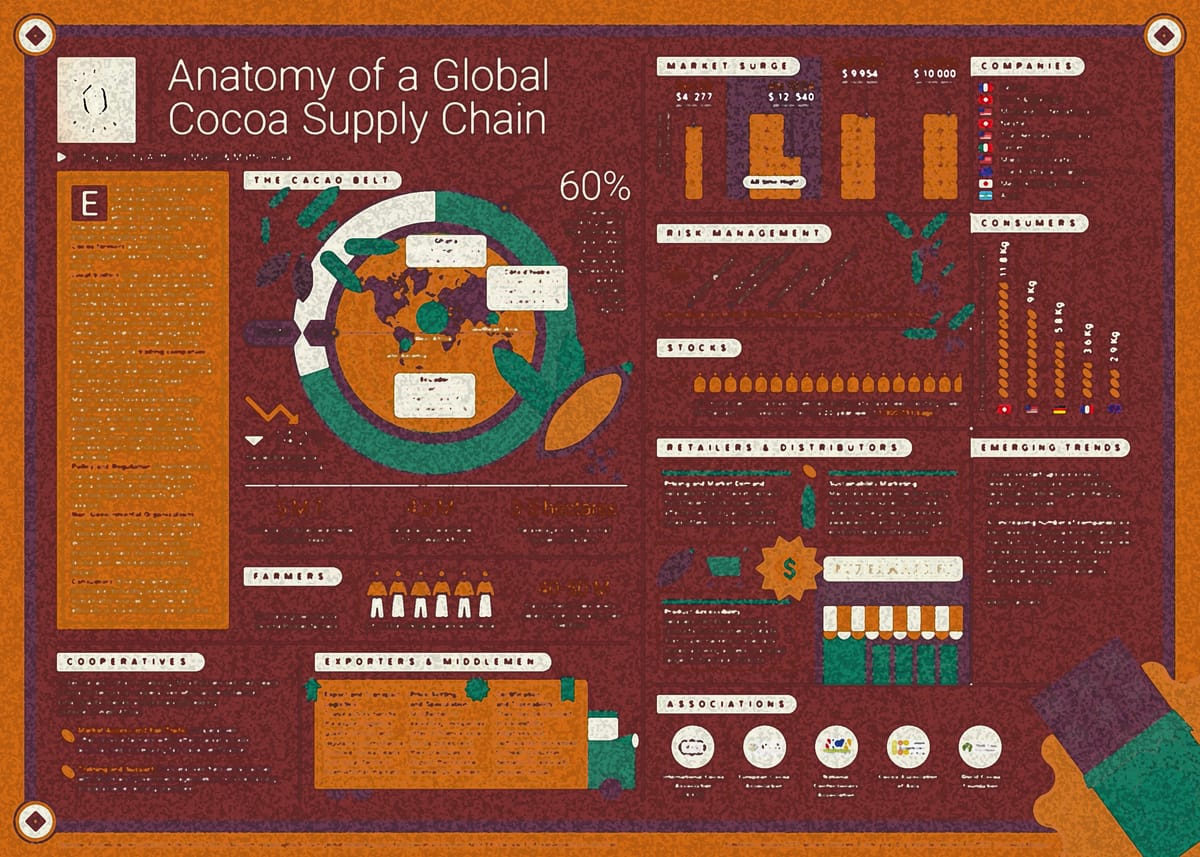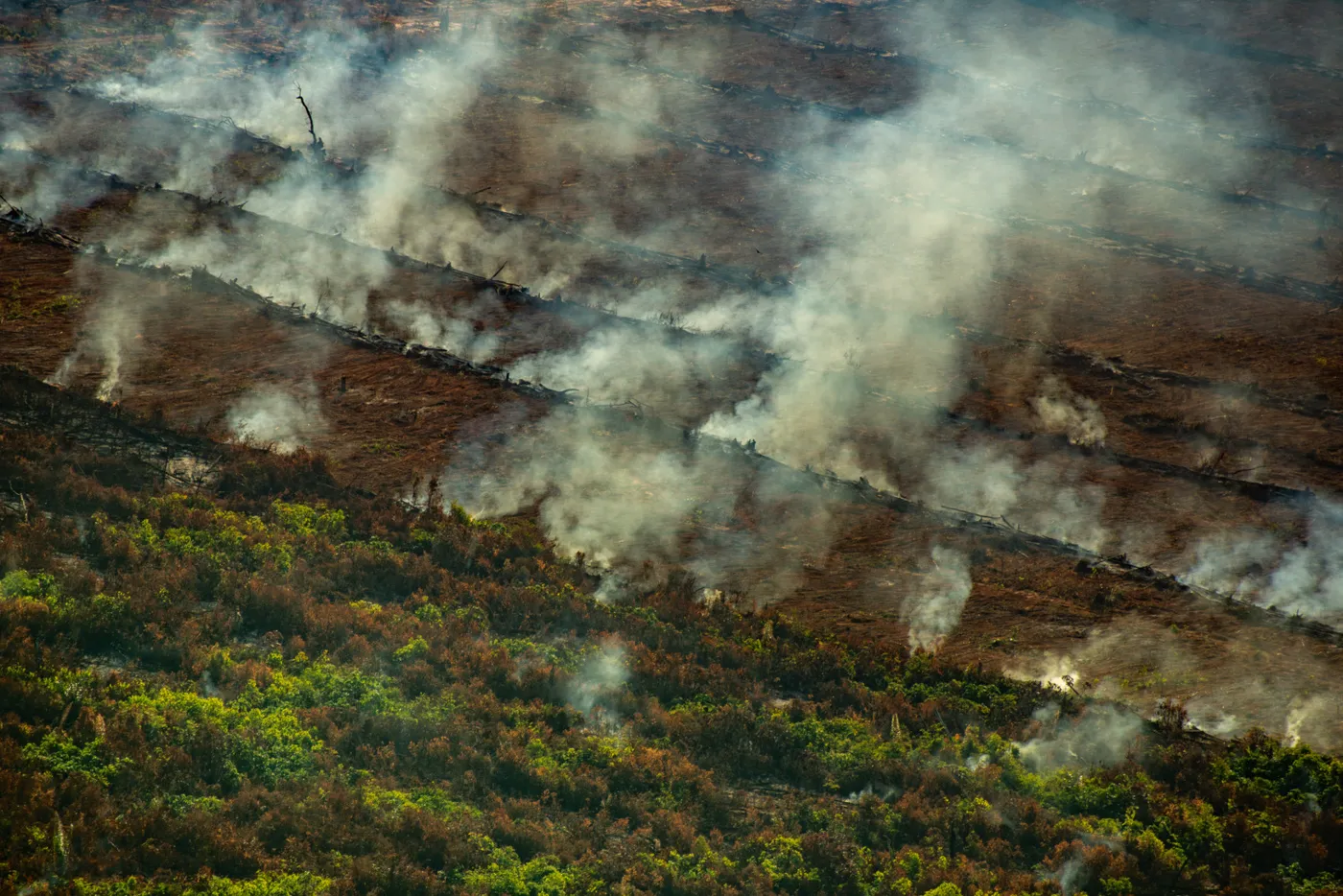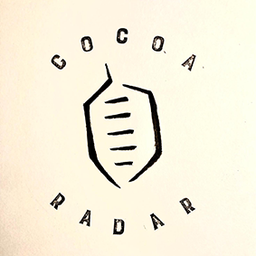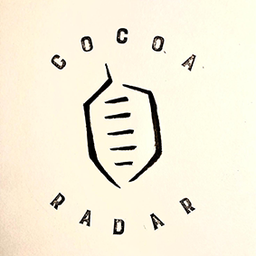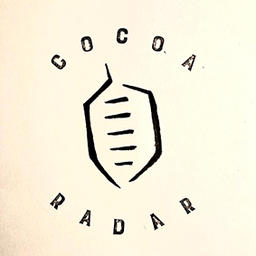Mighty Earth warns that the EU is “leaving the back door wide open to goods that have been produced on recently deforested or degraded land and/or grown illegally in protected areas such as wildlife refuges, national forests, and Indigenous territories.”
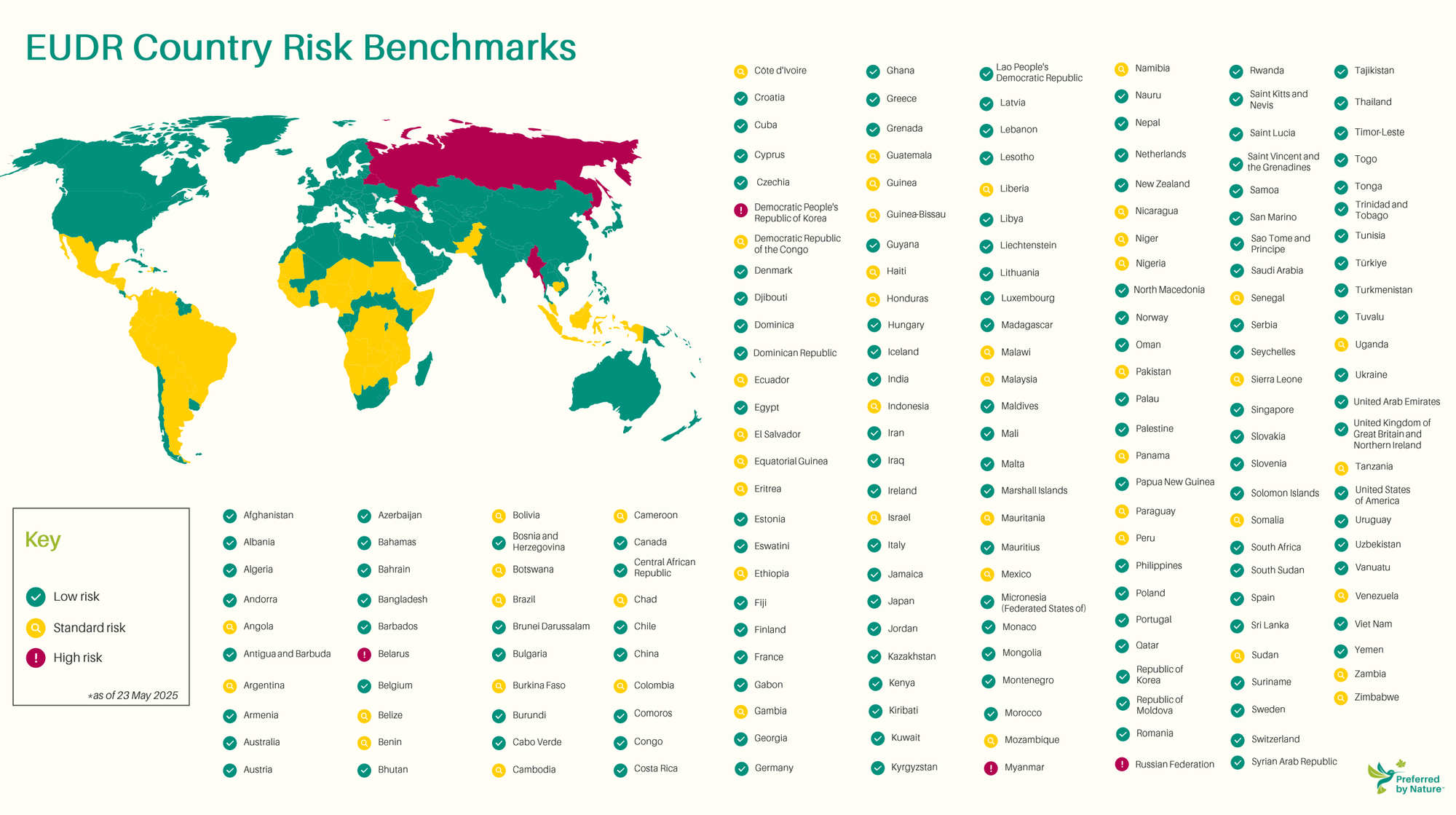
In what it calls an “extraordinary move,” key countries with significant levels of deforestation and degradation—such as Brazil, Bolivia, and DR Congo—have all been left off the ‘High Risk’ register.
Imports from these nations will undergo the most stringent compliance checks, with EU authorities mandated to inspect 9% of relevant shipments.
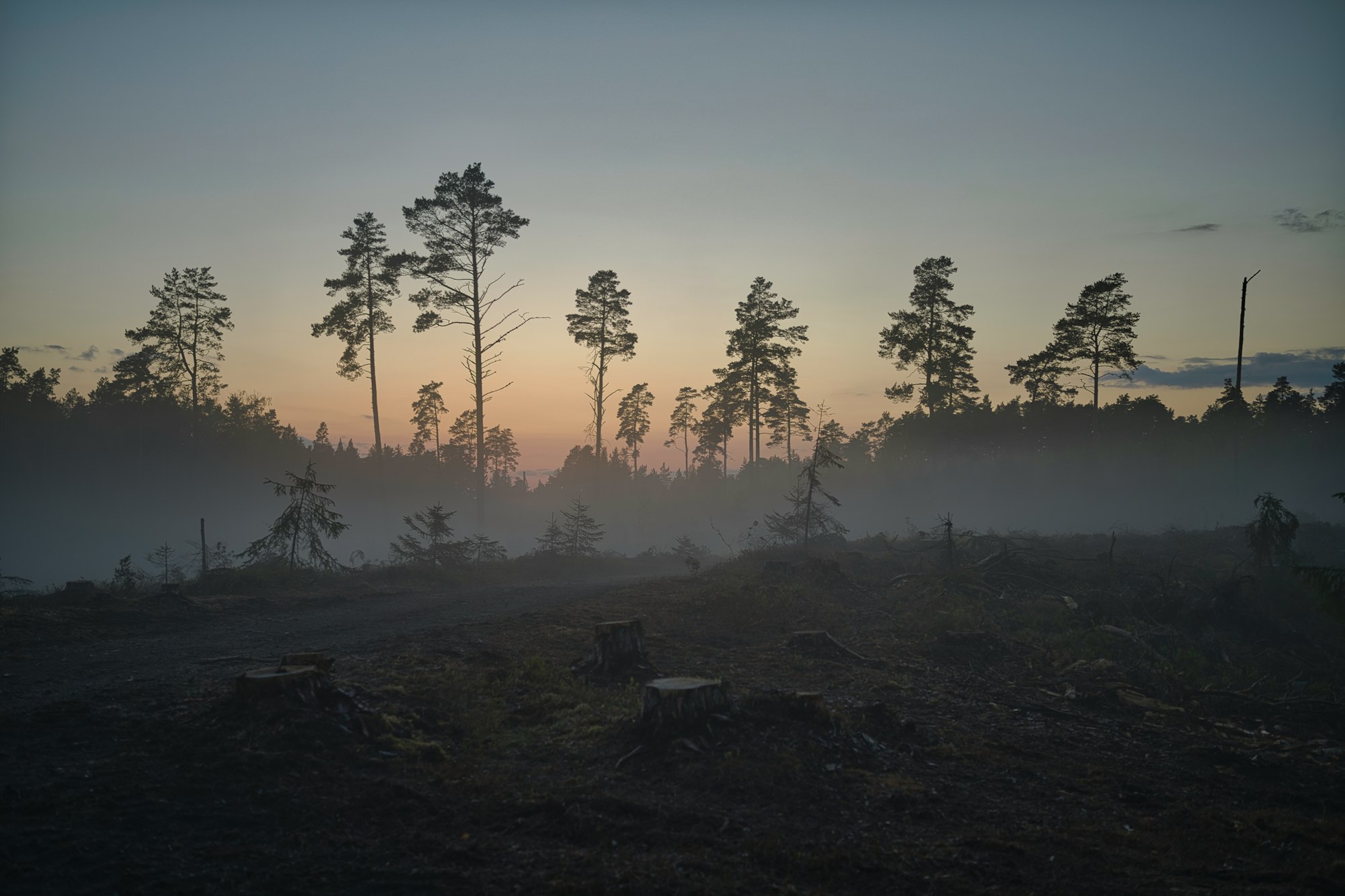
EU sanctions
CocoaRadar understands Belarus, Myanmar, North Korea, and Russia are currently under EU or UN sanctions, which are influencing their high-risk classification. This classification aims to guide importers and EU authorities in applying due diligence requirements for commodities such as cattle, cocoa, coffee, palm oil, rubber, soy, and wood.
Mighty Earth policy director Julian Oram said: “The EUDR has become more about controlling political narrative than about controlling deforestation. Almost since it came into force in June 2023, the European Commission has been doing its utmost to bend the law to the will of those who don’t like it – namely, companies and governments that preside over and benefit from the destruction of the world’s precious remaining forests. Today’s revelation of which countries have been classified under the EUDR risk benchmarking system is the latest, and perhaps most bizarre, example of this capitulation.”
Potential implications on sourcing strategies
The introduction of the benchmarking list is likely to shift sourcing patterns and supplier expectations. Preferred by Nature anticipates that this will also affect how companies use sustainability tools, manage risks, and engage with suppliers across different country-risk contexts.
Standard and Low-Risk Classifications
Approximately 50 countries, including major commodity producers like Brazil, Indonesia, and Malaysia, were categorized as ‘standard risk.’ Imports from these countries will be subject to a 3% compliance check rate. These nations were not in the high-risk category despite their significant deforestation rates.
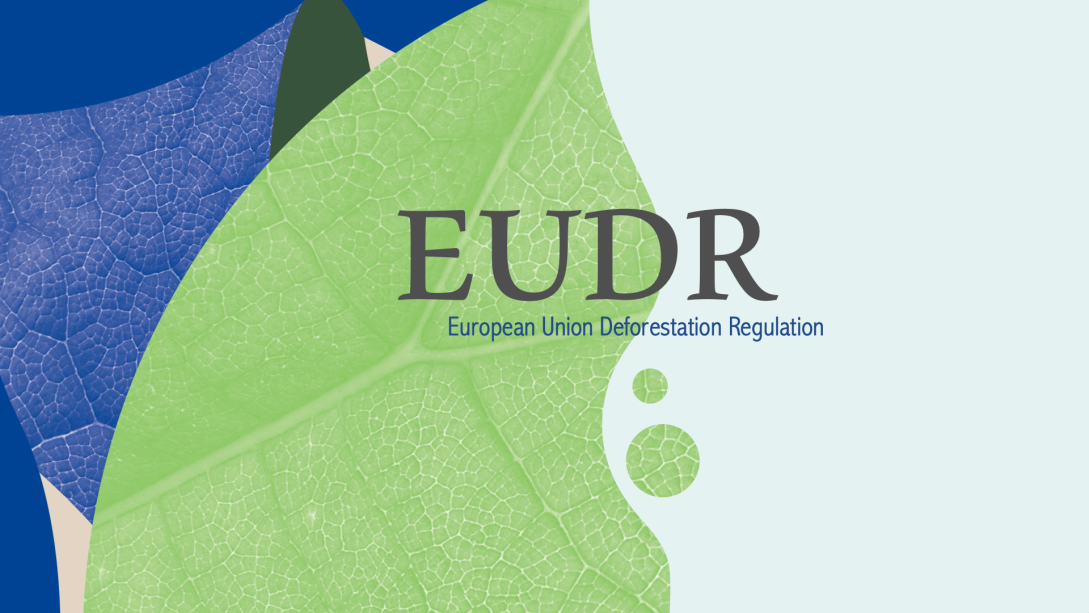
Conversely, about 140 countries received a “low risk” designation, including all EU member states, the United States, Canada, and Laos. Imports from these countries will face a minimal 1% compliance check rate.
“The responsibility for this farcical classification does not primarily lie at the doors of the European Commission. Instead, it rests on EU member state governments, some of which have turned their backs on the climate and nature emergency facing the planet at the behest of corporate lobbyists from the forestry and agribusiness sectors, especially in countries such as Austria, Germany, and Finland. This is their legacy, and it will haunt them,” Oram added.
Compliance Requirements
Under the EUDR, companies importing covered commodities into the EU must provide verifiable information demonstrating that their products are not sourced from land deforested after December 31, 2020. Failure to comply can result in fines up to 4% of a company’s turnover in an EU member state.
Implementation Timeline
The EUDR will take effect for large companies on December 30, 2025, and for micro and small enterprises on June 30, 2026. The first review of country classifications is scheduled for 2026, allowing for adjustments based on new data and developments.
- For a detailed list of country classifications, visit the European Commission’s official page.
